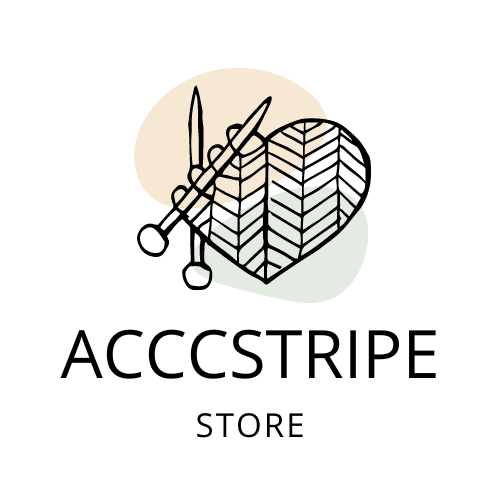Sober living
Alcohol and anxiety: Panic Attacks After Drinking
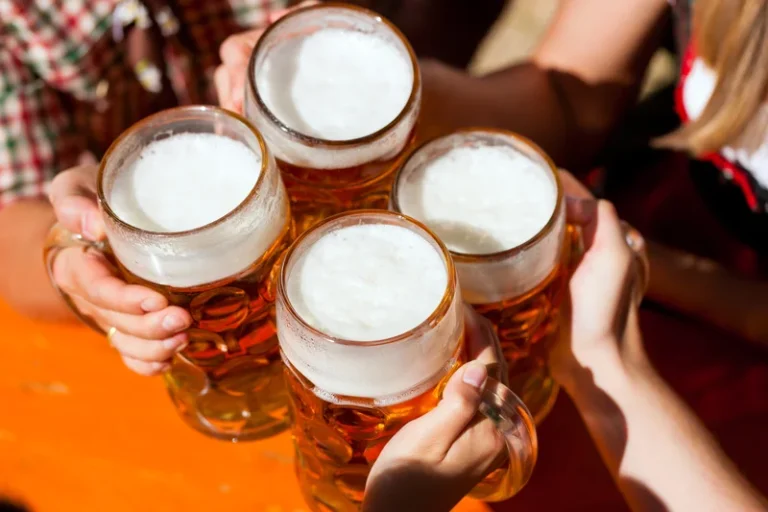
Your partner, parents, children, friends, employer, coworkers, doctor, or therapist might confront you about your drinking habits or your behavior when you drink. When someone first has a drink of alcohol, it often has a sedative effect. Learn about various childhood trauma tests, understand their implications, and discover steps towards healing and recovery.
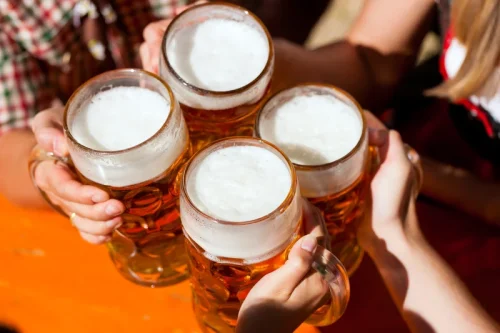
How alcohol impacts anxiety
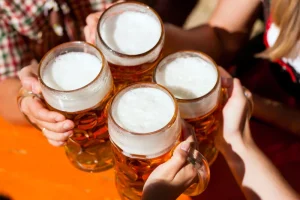
However, while it is important to deal with panic attacks, it is also important to acknowledge the situation and the fear alcohol-induced panic attack you feel. By acknowledging it, you will help your mind understand what is going on so as to understand that the situation will pass. Experiencing anxiety the day after drinking, commonly known as a “hangover anxiety” or “hangxiety,” is a common occurrence for many individuals. Alcohol’s impact on neurotransmitters and the body’s stress response system can leave individuals feeling anxious, irritable, and emotionally fragile after a night of drinking. People with anxiety disorders may also have a substance use disorder.
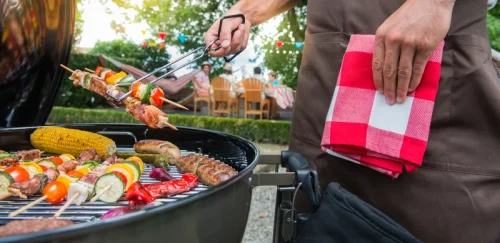
Understanding Panic Attacks and Anxiety
The effects of withdrawal often ease 5 to 7 days after drinking ends. Few people may realize it, but you can actually be allergic or intolerant to alcohol. Anywhere from 7% to 10% of the general population has such an allergy, though it affects about 35% of those with Asian backgrounds. Signs include skin flushes and a feeling of being either wound up or very sleepy. When you drink, do you couple this with eating pretzels, pizza or sweets? We tend to pair up our vices, and not only drink alcohol but also eat highly dense, problematic foods.
- These may make a person feel uneasy, dizzy, and irritable, and may lead to a panic attack.
- Similar to other serotonergic-based medications, buspirone has a desirable safety profile but a relatively delayed onset of anxiolytic effects.
- Plus, take note of how your mood is each day — if you’re feeling extra on edge already, try and go against the temptation of remedying that with alcohol.
- Try noticing your thoughts and feelings without getting carried away by them.
- CBT is a type of therapy that helps you identify and change negative thought patterns and behaviors.
The Mystery of Delayed Anxiety (Hangxiety)
Foods high in sugar can cause blood sugar spikes and crashes, potentially worsening anxiety symptoms. Complex carbohydrates and protein-rich foods provide steady energy and help stabilize mood. Many people turn to alcohol as a way to self-medicate their anxiety. Drinking can provide temporary relief by producing feelings of relaxation and euphoria.
Heavy drinking may cause memory blackouts and cognitive impairment. Long-term use can result in permanent changes to brain structure and function. People who have survived traumatic events may be sensitive to certain situations that feel reminiscent of past experiences, triggering a fight-or-flight response. Many people report rapid heartbeats or palpitations, creating the sensation of a racing or pounding heart.
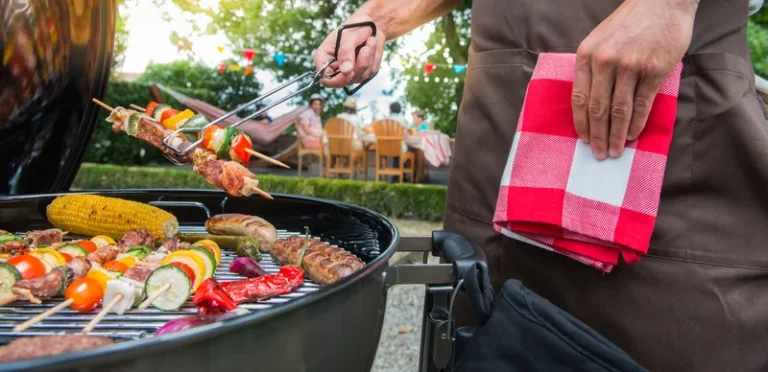
- And depression is affected by alcohol too – find out more on our alcohol and depression webpage.
- Chronic alcohol use can lead to tolerance, requiring more alcohol to achieve the same effects.
- These physical symptoms can include a racing heart that feels like it’s going to beat out of your chest, shortness of breath like you can’t quite catch your breath, and chest pain or tightness.
- If you’re struggling with alcohol-induced panic attacks or anxiety after drinking alcohol, please know that you’re not alone.
When we reach for alcohol in an effort to calm the symptoms of anxiety and panic, we can become trapped in a vicious cycle that may eventually lead to a physical or psychological addiction. These substances can increase heart rate and exacerbate feelings of panic. Risk factors for developing AUD include genetics, environment, and mental health conditions.

- Diet, hydration, and caffeine consumption play crucial roles in how alcohol affects anxiety levels.
- Later in the sleep stages, alcohol disrupts REM sleep and paralytic sleep, which is when your body rejuvenates itself.
- Whether or not you drink, your panic attacks need to be addressed separately.
Dual diagnosis treatment addresses both alcohol use disorder and anxiety simultaneously. This integrated approach ensures comprehensive care for co-occurring conditions. Proper hydration is essential for managing alcohol-induced anxiety. Alcohol is a diuretic, causing increased urination and dehydration.
It’s important to talk to a doctor or psychiatrist about whether medication is right for you and to discuss any potential side effects. Sometimes, removing yourself from a triggering environment or social situation can make a big difference. If you’re feeling overwhelmed, step away to a quiet place where you can relax. Try breathing in slowly through your nose and out through your mouth.
